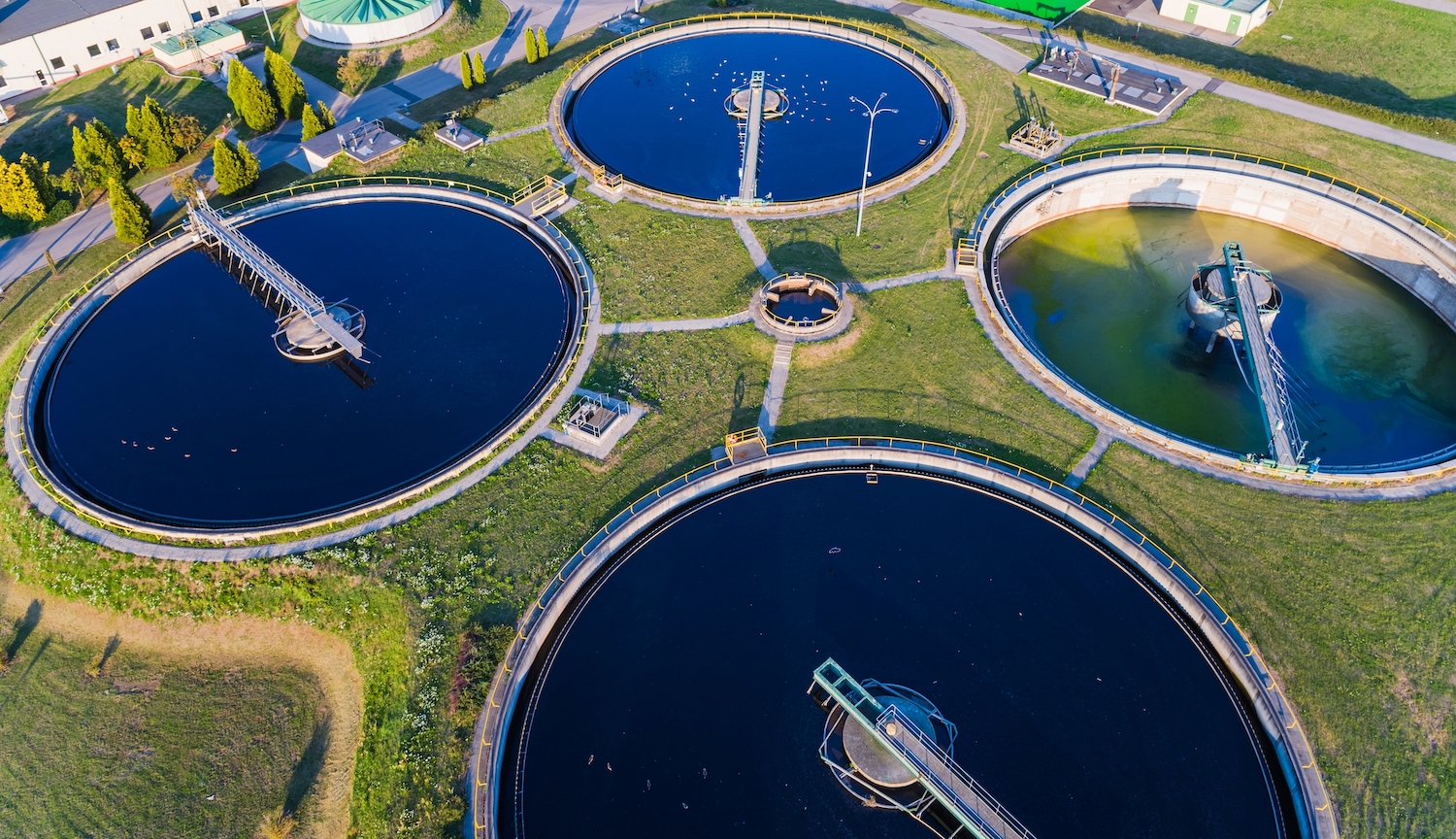From record-setting heatwaves and wildfires to sustainability investments and decarbonization goals, carbon emissions are getting the attention they deserve.
At the same time, when we talk about climate change, the carbon cycle’s sister, the water cycle, goes overlooked. Yet much like carbon, water is essential for our planet and the economy.
Industrial water is largely untapped by investors despite the emerging innovations in this sector. In fact, the global wastewater treatment market is expected to reach more than $460 billion by 2030. There are currently many investment opportunities in water, from sensor technologies and integrated loT platforms to water asset management and onsite treatment technologies.
Growing demand
Industrial wastewater processing has not substantially changed in roughly a century. Facilities still pay to truck contaminated water offsite for treatment. The costs and logistics of such offsite treatment, along with the high carbon footprint, negate any benefits.
In other cases, facilities hire technicians to stand at the point of discharge and manually test and add chemicals to bind and remove contaminants. This method is challenged by rising labor shortages and the costs of landfilling the resulting waste.
The call for change is also coming from consumers and regulators. Fortune 500 companies are now asking suppliers to disclose their manufacturing and waste practices. Government regulations, too, are becoming more stringent, including EPA’s 2021 Lead and Copper Rule revisions.
Most of Europe and many U.S. states are now regulating the amount of PFAS (toxic “forever” chemicals) allowed in water. New proposed SEC rules also require companies to disclose their climate-related targets and goals.
Onsite treatment
Treating wastewater onsite is quickly becoming an attractive investment opportunity. These opportunities include sensor technologies and systems for capturing and destroying contaminants without having to haul large quantities away. Additionally, onsite systems can enable water and material reuse. For example, Kentucky-based ElectraMet removes heavy metals from waste streams using an automated membrane-free and chemical-free process. ZwitterCo is commercially deploying fouling-resistant membranes that treat highly challenging organic and oily streams, focusing on product purification and chemical reuse. London-based Puraffinity makes materials that target micropollutants in water.
Smart management
Automation and artificial intelligence are becoming more popular, too.
Investors and executives now want to understand the costs and carbon footprint associated with facilities before they are built. One company, Transcend, offers software that automates the preliminary engineering process for water and wastewater treatment facilities.
Digital sensors and software are radically improving industrial processes. 120Water, for example, makes digital tools to support water compliance and monitoring. Their product allows utilities, schools and municipalities to easily track and report on lead, copper and other toxins in drinking water.
Financial draw
Industrial water monitoring and treatment innovations are moving toward decentralized, small-scale automation, and investors are taking notice. The business models are becoming more attractive, especially when a facility can lease hardware with a recurring fee, under the umbrella of “as-a-service” models traditionally found in the tech industry. Companies can also benefit from a reduced workforce and predictable operational expenses.
Market trends show that innovative water and wastewater startups can make companies more efficient and compliant, ultimately benefiting investors, people and the planet.
Ginger Rothrock, PhD is a senior director at HG Ventures.
Disclosure: HG Ventures is an investor in some of the companies listed above.











